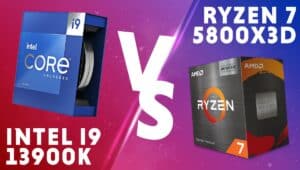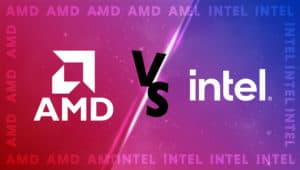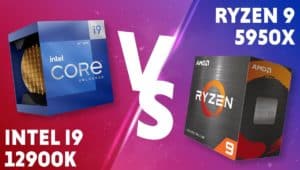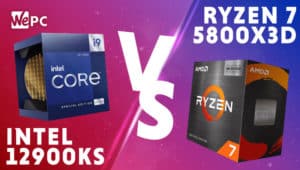Intel Core i9-13900K vs Core i9-12900K
Today we’re exploring the differences between the 13900K and the 12900K, to determine which one is the best in what circumstance.
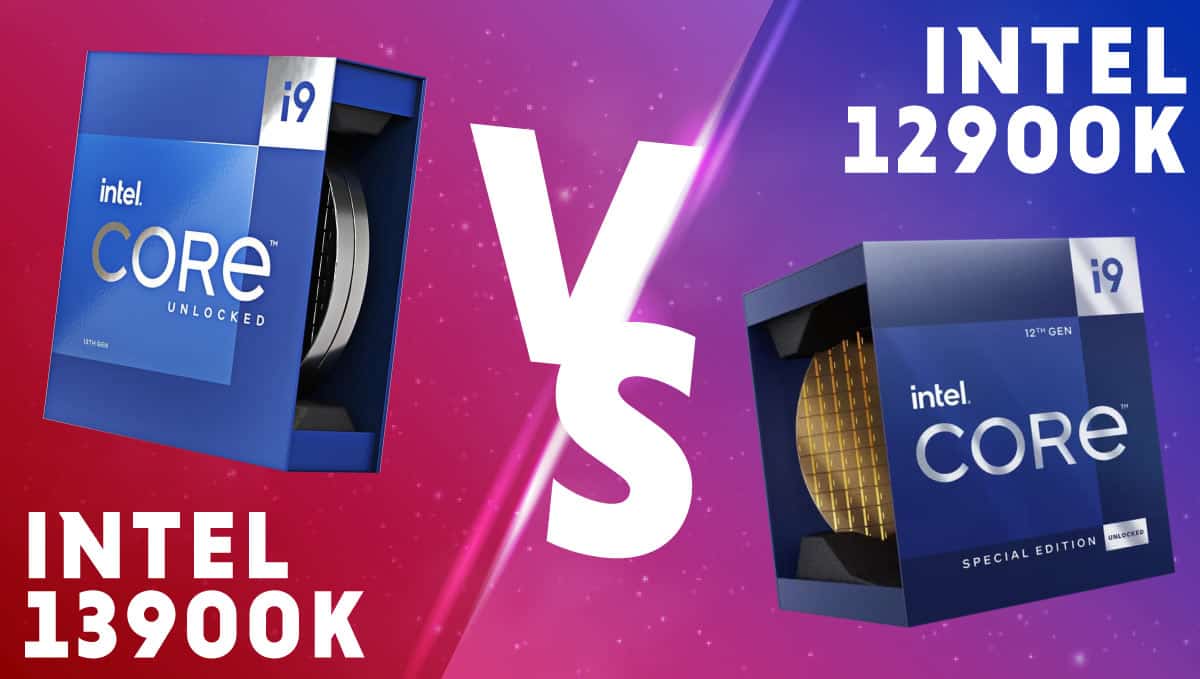
WePC is reader-supported. When you buy through links on our site, we may earn an affiliate commission. Prices subject to change. Learn more
Intel released its 13th generation Raptor Lake CPUs to the world on the 20th of October 2022. Since the 13th-generation CPUs were released, they have thought us everything we need to know to make some deductions on how the latest flagship stacks up against previous generations. Here’s our Intel Core i9-13900K vs Core i9-12900K article.
Now read: Best 12th gen motherboard
Intel recently held its annual Innovation event, where er got a snippet of information regarding the new Raptor Lake flagship. Intel CEO, Pat Gelsinger, stated that the Raptor Lake family will have a flagship CPU containing up to 24 Performance and Efficiency cores, up to a 15% better single-core performance gain, and up to 41% better multi-thread performance gain.
The Intel 12th gen processors hold value and have seen a decrease since the 13th gen was released. For those that want to upgrade later, rather than sooner, or just want the very best gaming performance, an Intel Raptor Lake processor is the way to, here’s where you can buy them:
- Where to buy Intel 13th gen CPUs
- Where to buy Intel Core i9-13900K
- Where to buy Intel Core i7-13700K
- Where to buy Intel Core i5-13600K
Continuum Micro Workstation PC (RTX 4090 & Intel i9-13900KF)
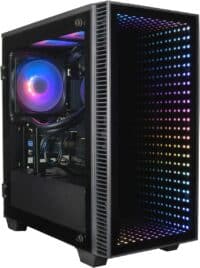
CPU
Intel 24-Core i9-13900KF
GPU
RTX 4090 24GB
RAM
64GB DDR5
Storage
2TB NVMe SSD + 6TB HDD
Black Friday Intel bundle
Core i9-13900K High-end bundle
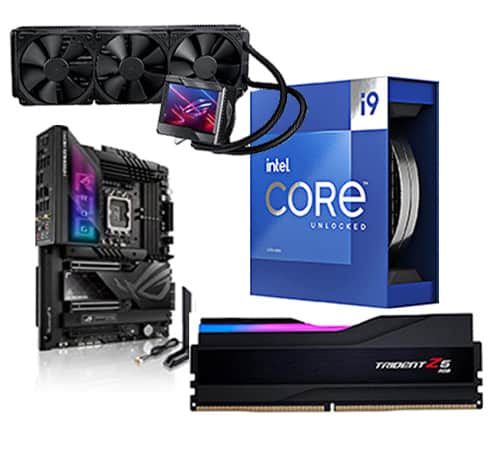
CPU
Core i9-13900K
Motherboard
ROG Z790 Maximus Hero
RAM
32GB G.Skill Trident Z5 RGB
Cooler
AUS ROG Ryujin ii 360
Core i9-13900K Vs Core i9-12900K: Specifications
Here we will outline each CPU’s specifications and look at them in a comparative sense. This is important to help us gauge an understanding of what specifications are most important when making a CPU comparison.
13900K
The 13900K is designed to be the best the 13th generation has to offer it’s Intel’s new flagship CPU for the Raptor Lake generation. Intel’s 13900K spares no cost when it comes to performance, meaning you can expect to pay a high price for it.
The specifications for the i9-13900K are as follows:
- Cores: P-cores 8 / E-cores 16
- Threads: 32
- Base clock frequency: P-cores 3 GHz / E-cores 2.2 GHz
- Boost clock frequency: P-cores 5.8 GHz / E-cores 4.3 GHz
- L3 cache: 36MB
- Default TDP: 125 W / 253 W boost.
- iGPU: Intel UHD graphics 770
12900K
The 12900K was the fastest CPU in the world on the desktop platform until the 12900KS rolled around, the 12900K is the fastest (none-special edition) CPU to grace the 12th generation Alder Lake CPU generation. This was also the first time Intel used the spit core architecture too, so there was much to be improved upon.
The specifications of the 12900K are as follows:
- Cores: P-cores 8 / E-cores 8
- Threads: 24
- Base clock frequency: P-cores 3.2 GHz / E-cores 2.4 GHz
- Boost clock frequency: P-cores 5.1 GHz / E-cores 3.9 GHz
- L3 cache: 30MB
- Default TDP: 125 W / 241 W boost.
- iGPU: Intel UHD graphics 770
Intel Core i9-12900K
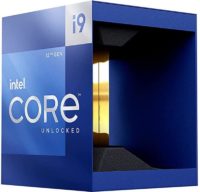
Boost clock speed (single core)
5.3 GHz
Total Cores / Threads
16/24
P-cores
8
E-cores
8
Socket
LGA 1700
Overclockable
Yes
13900K vs 12900K: specification comparison
In this section, we’re going to look over the differences between the two CPUs and see if we can deduce which of the two is going to be better in a gaming scenario.
We will only be covering specifications that have changed over the last generation, so if you don’t see a specific specification here, then it’s most likely the same, or we haven’t got the information on it yet. but we try and be as up-to-date as we can.
With that out of the way, let’s dive in.
Cores and threads
The 13900K has eight more E-cores, but the same number of P-cores. In addition, eight of the 13900K’s 16 E-cores are hyperthreaded, giving the 13900K eight more threads.
A higher number of CPU cores mean that your CPU will be better at multitasking natively, this is also true for threads, although threads work a little differently compared to CPU cores.
Threads are the name given to the second instruction processed by the CPU core. Multithreading a CPU does not necessarily give it any more hardware, it just unlocks the ability for the CPU core to process two instructions simultaneously as opposed to one.
This means that the Threads have to share resources with CPU cores and are slightly slower as a result.
Core speed
The core speed has increased massively between generations, the 13900K has increased core speeds of 5.8 GHz and 4.3 GHz over the 12900K’s 5.1 GHz and 3.9 GHz.
Core speed is an incredibly important metric to consider when selecting a CPU. Core speed or “core frequency” is the measurement of how many times a second the CPU can complete a CPU cycle.
A CPU cycle consists of three main actions, fetch, decode, and execute. And it’s these actions that fundamentally comprise computing as we know it. The more cycles the CPU can complete in a second, the faster the CPU can princess instructions.
The core speed metric is particularly impactful on gaming performance, as game performance usually wagers more on core speed rather than core count.
Cache
The i9-13900K wins in terms of CPU cache too, with a massive 6MB more cache to play with.
A CPU cache is constructed close to CPU cores, this best serves access speeds and efficiency. CPUs sort computations, both calculated and pending, CPU cache is also volatile memory like RAM, when it’s unpowered, it forgets everything.
Cache in modern-day CPUs consists of three levels that run in alphanumerical order from smallest to largest.
TDP
The rated default TDP of both the 13900K and the 12900k are the same, but the boost TDP on the 13900K is slightly higher at 253W compared to 241W
The Default TDP is defined as the amount of thermal energy that the CPU produces at the base-defined speeds. The bott TDP is, you guessed it, the heat energy the CPU produces at max boost speeds.
Since the 13900K is slightly more, you’ll need a slightly better cooler to keep the temperatures as stable as on the 12900K.
13900K vs 12900K: performance
We don’t have our hands on the 13th-generation CPUs yet, and even if we did we couldn’t tell you about it. But during Intel’s latest Innovation event in 2022. Intel CEO Pat Gelsinger stated that the 13th generation CPUs have massive performance improvements over the 12th gen CPUs. We can’t wait to physically mark the Intel Core i9-13900K vs Core i9-12900K results when we get our hands on the CPUs
Pat said that the Raptor Lake CPUs will have a 15% better single-core performance gain and a massive 42% performance gain in multi-core benchmarks. This is all thanks to the 13900K’s eight extra E-cores, presumably.
Where to buy Intel 13th generation CPUs
Sold on the latest Intel 13th generation CPUs? here’s where to buy the entire 13th-generation CPU lineup!
- Where to buy Intel Core i9-13900K
- Where to buy Intel Core i7-13700K
- Where to buy Intel Core i5-13600K
Other useful Intel links
- Best motherboard for i9-13900K
- Best motherboard for i7-13700K
- Best motherboard for i5-13600K
- Best Intel 13th gen CPU
- Best Intel 13th gen motherboard
- Best Z790 motherboard
Final word
So there you have it, based on specifications alone it’s clear to see that the 13900K is the winner. Its superior core count, thread count, core speed, and cache mean it is way better suited to gaming and multi-core workloads than the 12900K.
Of course, there is the question of price, which we do not have yet. So we can’t comment but make sure you watch this space as we’ll update you as soon as we have the latest information on the 13th gen CPUs. We hope you enjoyed our Intel Core i9-13900K vs Core i9-12900K article.


